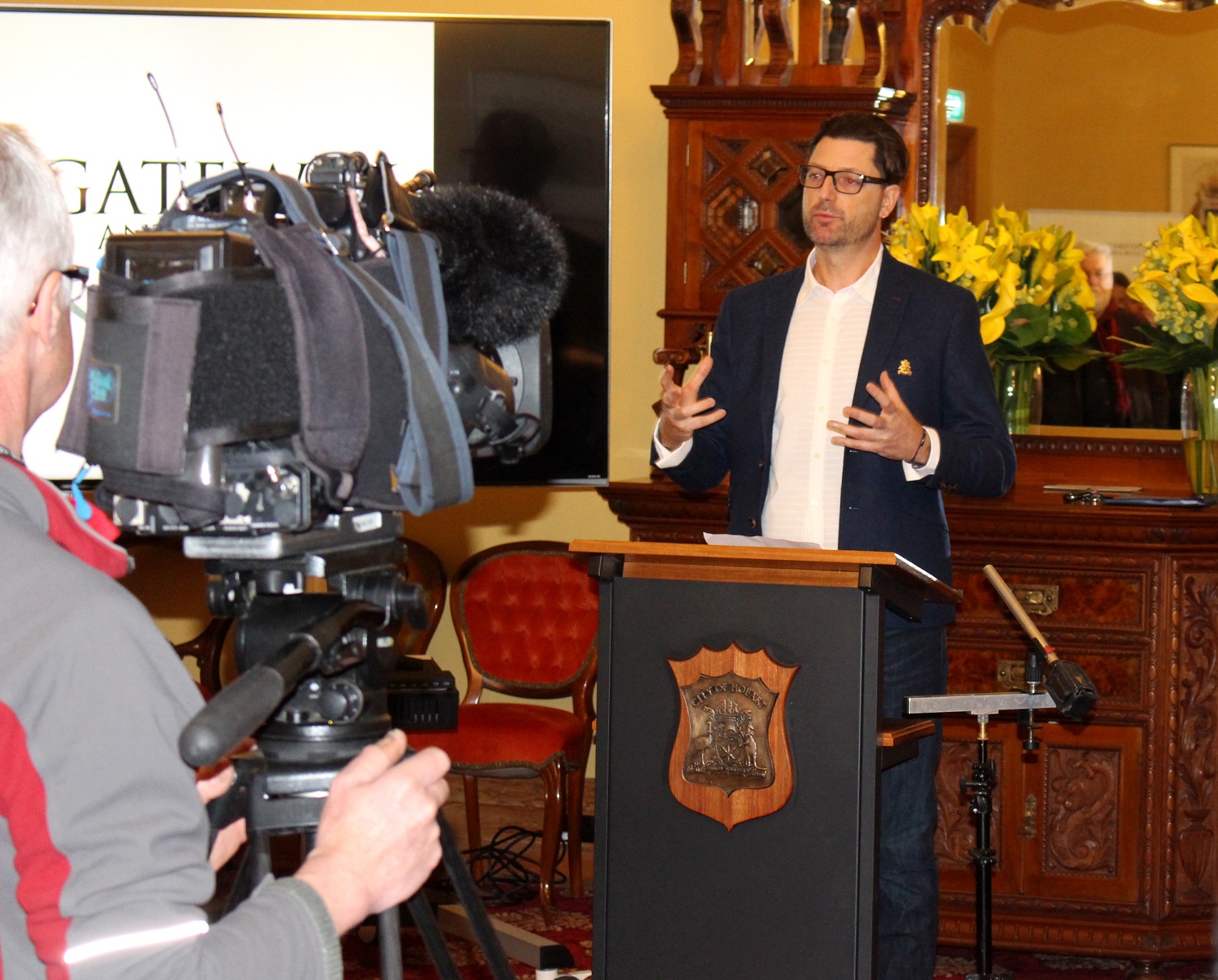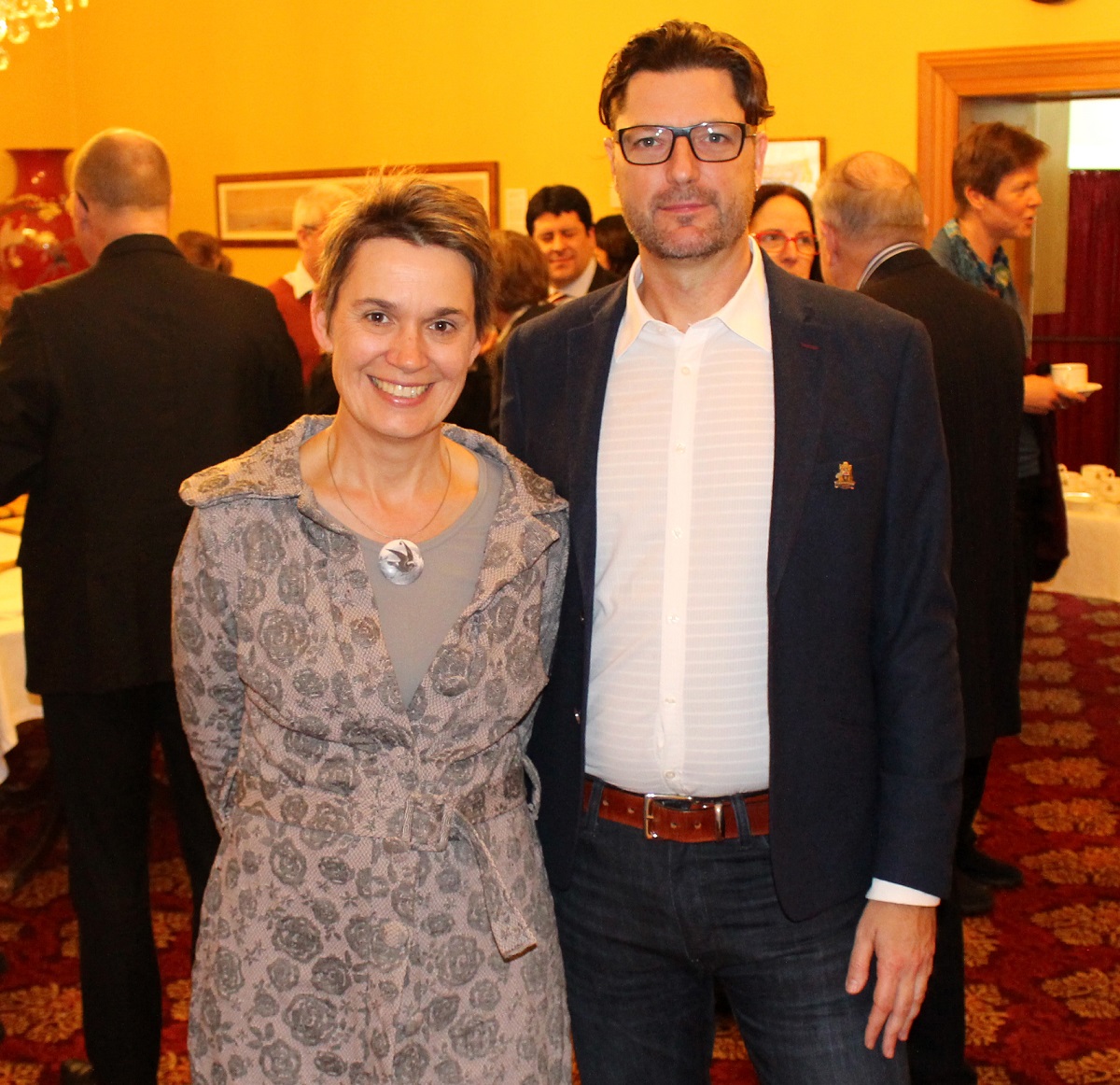
IMAS researchers have joined the City of Hobart and Antarctic sector stakeholders for the official launch of a new research project that aims to enhance Hobart’s role as an Antarctic gateway.
The Antarctic Cities project is studying the relationship of three key gateway cities – Hobart, Christchurch and Punta Arenas – with Antarctica and with each other.
Funded by an Australian Research Council (ARC) Linkage Grant and led by Associate Professor Juan Francisco Salazar from Western Sydney University (WSU), the project is a partnership between the University of Tasmania, WSU, City of Hobart, Antarctic Tasmania and key partners in New Zealand and Chile.
IMAS Associate Professor Elizabeth Leane, who leads the project in Tasmania, said that while Hobart is well known as an access point to the Antarctic, more needs to be done to broaden the local community’s sense of connection with the frozen continent and with other gateways.
 “Hobart’s relationship with Antarctica goes well beyond the city’s role as a base for science or logistics,” Associate Professor Leane said. “The project will explore Hobart’s economic, ecological, political and cultural connections to the Antarctic.”
“Hobart’s relationship with Antarctica goes well beyond the city’s role as a base for science or logistics,” Associate Professor Leane said. “The project will explore Hobart’s economic, ecological, political and cultural connections to the Antarctic.”
“Through this project we will engage with a range of stakeholders around significant issues facing the Antarctic region.
(Photo, left, Elizabeth Leane and Juan Francisco Salazar)
“We will work with the community, and particularly young Tasmanians, to deepen Hobart’s social and cultural links with Antarctica.
“Youth engagement will also be the key to strengthening relationships between Hobart and the other Antarctic gateways in Christchurch and Punta Arenas.
“The project team looks forward to working with the community and key stakeholders such as City of Hobart, and we thank the Lord Mayor and Aldermen for their interest in, and support for, the project.”
Hobart is also hosting a major international conference which aims to put Antarctica on the map of the humanities and social sciences.
The 3-day conference - “Depths and Surfaces: Understanding the Antarctic Region through the Humanities and Social Sciences” – has attracted 100 delegates from six continents in disciplines ranging from anthropology to visual arts.